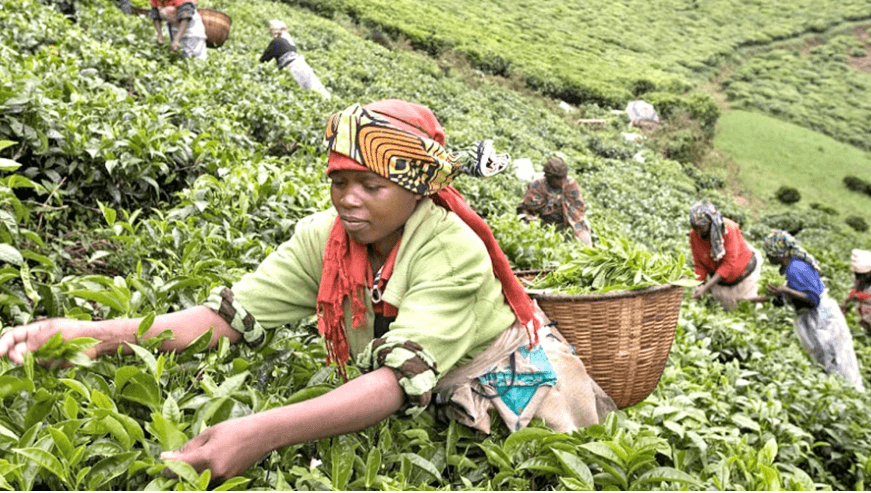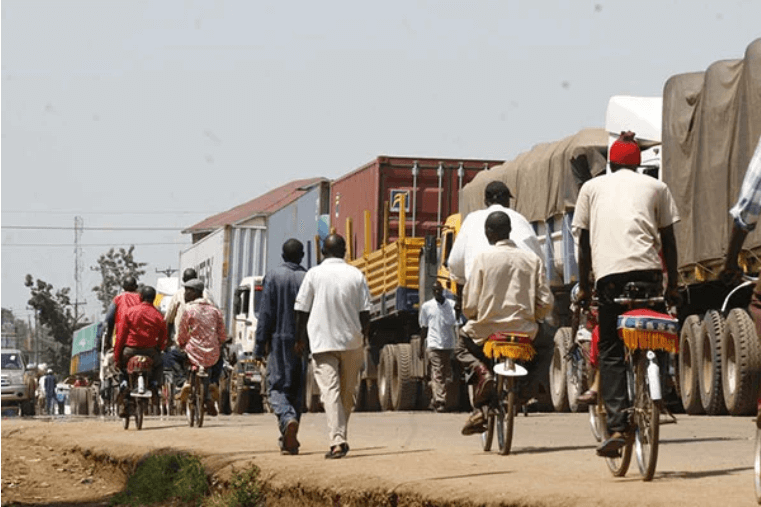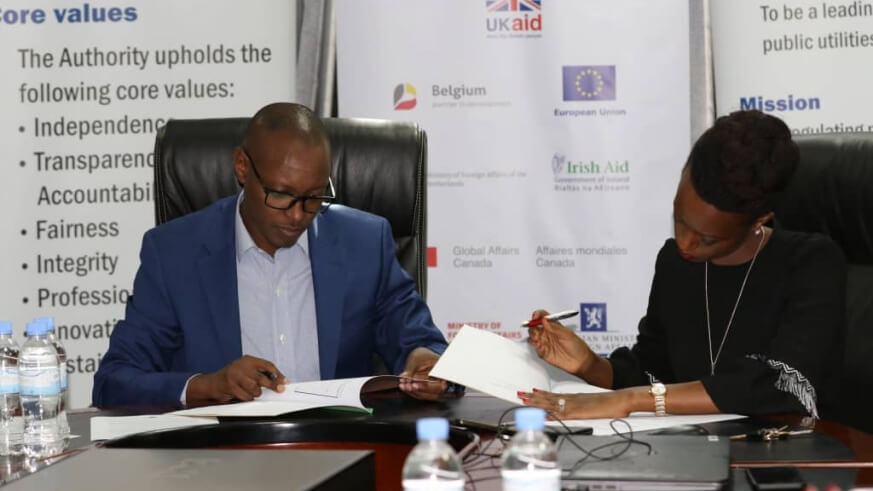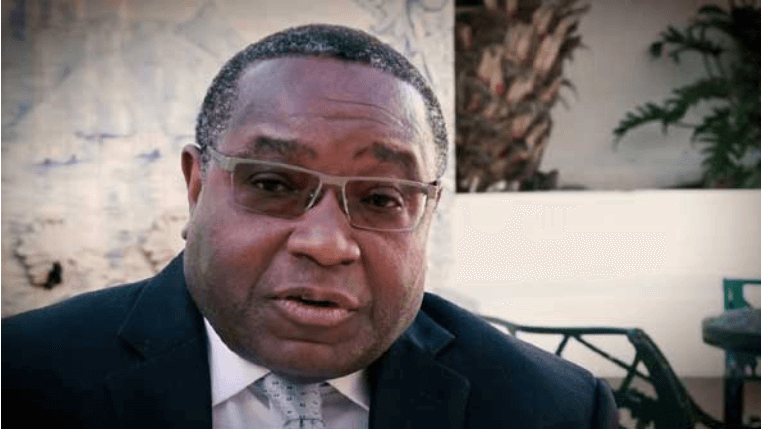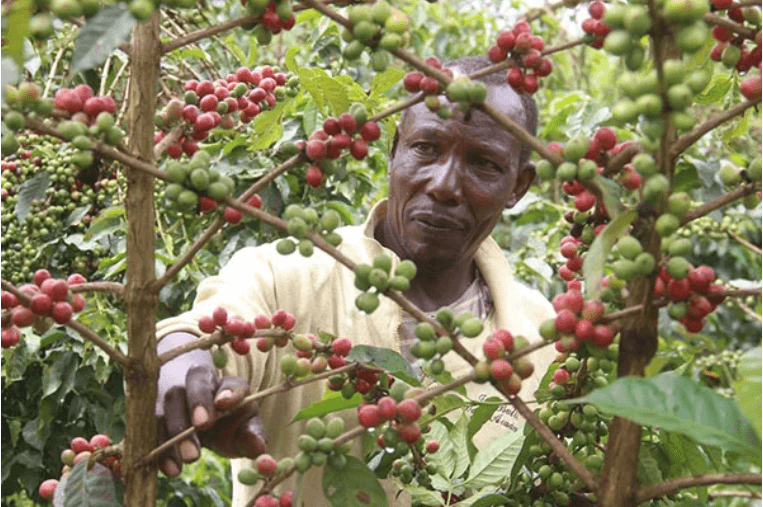Growing momentum behind regional integration, economic reforms, technological advances and infrastructure development are among the key factors fuelling business growth in sub-Sahara Africa, said a new whitepaper released by Dubai Chamber of Commerce and Industry in cooperation with the Economist Intelligence Unit (EIU). The report, entitled “Promise and Perils: Scaling up businesses in sub-Sahara Africa”, was issued ahead of GBF Africa 2019 in Dubai. The findings shed light on the current business climate in sub-Sahara Africa and examined attractive business prospects offering the most potential for investors in the UAE and wider GCC region. Key growth drivers The report highlighted the importance of regional integration initiatives such as the East Africa Economic Community, Single African Air Transport Market and African Continental Free Trade Area (AfCFTA) in removing trade barriers and driving business exchange. The AfCFTA is expected to liberalising trade and investment policies and ease easing operational challenges related to international money transfers and payments. Combined, these allow African SMEs to expand operations across markets, creating attractive opportunities for investors too. Expanding telecommunications networks are facilitating the growth of internet connectivity, mobile money and new digital services that build on it. Mobile money, which facilitates money transfers and payments, is also a growth enabler as it moves into business lending. Improved internet connectivity is expected to drive the next wave of technological innovation, enabling companies to develop new, digital services for consumers on the continent. By 2025, 3G mobile network coverage is expected to account for 60% of the mobile...
Reforms, tech key growth drivers in sub-Sahara Africa
Posted on: November 20, 2019
Posted on: November 20, 2019


